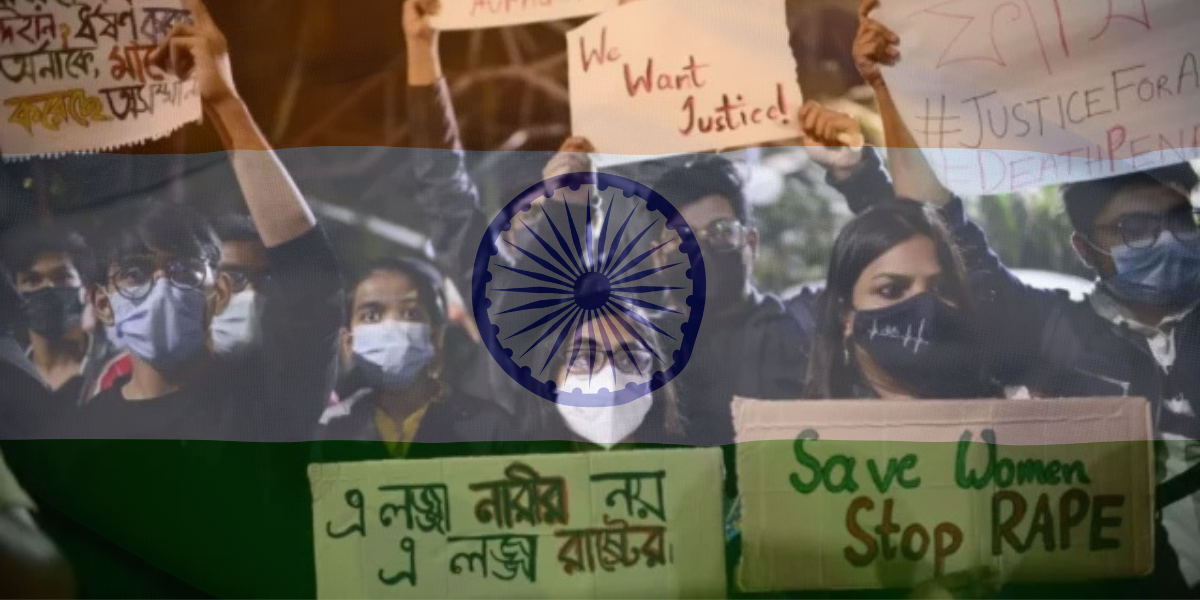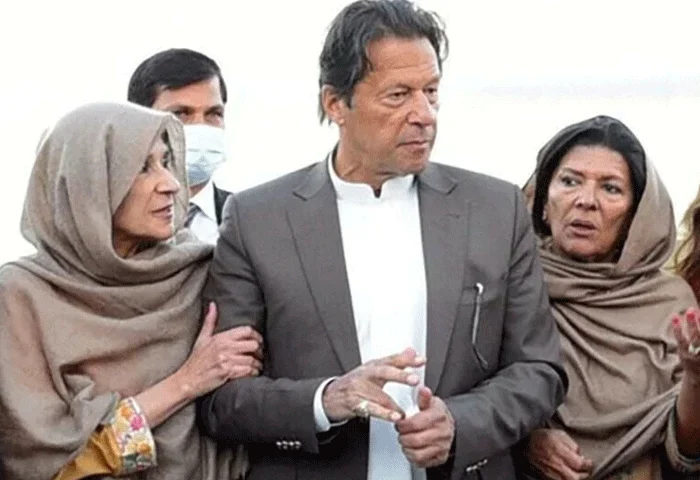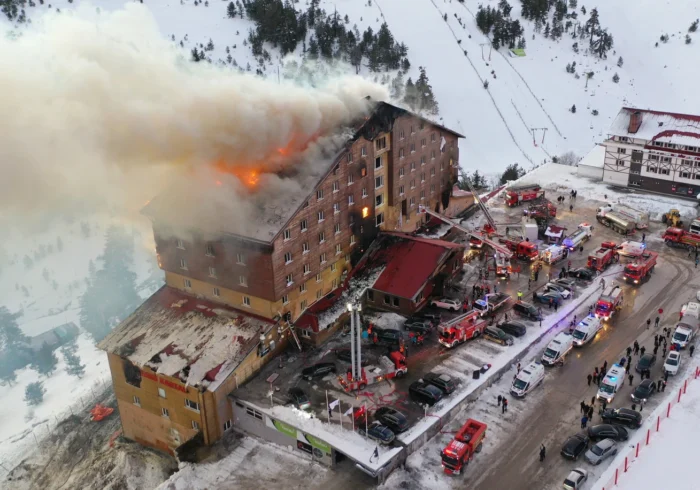India continues to grapple with alarming rates of sexual violence, with new statistics highlighting a disturbing rise in rape and molestation cases. Despite various legal reforms and increased awareness, crimes against women and children remain a significant concern, exposing deep-rooted issues within Indian society.
Rising Incidents of Sexual Violence
The Economic Survey of Maharashtra, tabled in the state legislature on 07 March 2025, revealed a paradoxical trend: while the overall number of crimes against women decreased in 2024 compared to 2023, incidents of rape and molestation increased. The report states that the number of rapes registered in Maharashtra rose from 7,524 in 2023 to 7,940 in 2024. Similarly, cases of molestation increased from 17,328 to 17,671 over the same period. However, the total crimes against women went down slightly from 47,132 in 2023 to 46,459 in 2024.
Equally concerning is the rise in crimes against children. The total number of cases registered in 2024 was 22,578 compared to 21,802 in 2023. Cases of child rape increased from 12,564 in 2023 to 12,671 in 2024. Reports of child abduction also saw an increase from 12,564 in 2023 to 12,671 in 2024.
The Role of the Indian Army in Sexual Violence Cases
While rape cases in civilian spaces continue to surge, allegations of sexual violence by security forces, including the Indian Army, have been a long-standing issue, particularly in conflict-prone regions like Kashmir, the Northeast, and central India. Human rights groups have documented instances where the military and paramilitary forces have been accused of using rape as a weapon of intimidation and control.
The Indian Army has been facing persistent issues related to sexual harassment and misconduct, with cases involving both junior and senior officers. Reports indicate a rise in such incidents, including a high-profile case where Lt. Gen. A.K. Nanda resigned after allegations of molesting a subordinate’s wife. Captain Poonam Kaur also reported mental and sexual harassment, yet received little institutional support, highlighting a systemic failure in addressing complaints. Over the past few years, more than 40 sexual harassment cases have been reported within the Army, many of which remain unresolved due to favoritism and a lack of accountability. Female officers continue to face significant challenges, with the Army historically reluctant to grant them permanent commissions. In some instances, harassment has been linked to suicides, such as those of Capt. Megha Razdan and Lt. Sushmita Chakravorty, whose families suspect foul play.
Allegations of sexual abuse extend beyond military bases, particularly in conflict zones like Jammu and Kashmir, where the Army has been accused of rape and assault. While investigations are often conducted, convictions are rare, leading to concerns over impunity. Additionally, reports suggest the involvement of some female officers in prostitution, further damaging the Army’s reputation. Legal frameworks remain inadequate, as the Army Act of 1950 lacks specific provisions for handling sexual harassment, and cases are frequently dismissed under vague charges of “unbecoming conduct” rather than being treated as criminal offenses. Despite growing concerns and calls for reform, investigations are frequently delayed, and institutional pressure discourages victims and witnesses from pursuing justice, reinforcing a culture of silence and inaction.
In India’s Northeast, where the Armed Forces Special Powers Act (AFSPA) grants the military sweeping powers, allegations of sexual violence against women by security personnel have also surfaced repeatedly. The 2004 case of Manorama Devi in Manipur, who was allegedly raped and killed by Assam Rifles personnel, sparked massive protests led by women activists demanding justice and the repeal of AFSPA.
Even in central India, where the Indian state is engaged in counterinsurgency operations against Maoist rebels, there have been reports of sexual violence committed by security personnel against tribal women. Human rights organizations have recorded multiple cases where women were allegedly raped, assaulted, and tortured by security forces during search and combing operations in Chhattisgarh and Jharkhand.
Despite these grave allegations, justice remains elusive for the victims, as the legal system often shields security forces under the guise of national security. The lack of accountability and continued impunity for crimes committed by members of the armed forces further exacerbates the vulnerability of women in conflict zones.
Failure of Government Initiatives

The Indian government has introduced several initiatives and legal reforms to address sexual violence, yet their impact has been negligible. The Criminal Law (Amendment) Act, 2013, enacted after the brutal Nirbhaya gang rape, aimed at stricter punishment for sexual offenders, but rising crime statistics indicate its failure in curbing violence. Fast-track courts have been set up, but delays in legal proceedings continue to deny justice to victims.
The Modi government has also launched initiatives such as Beti Bachao Beti Padhao, which claims to promote women’s safety and empowerment. However, reports suggest that most of the funds allocated for this scheme have been spent on advertisements rather than substantive measures. The Nirbhaya Fund, established for supporting rape survivors and improving women’s safety, remains underutilized, with large sums of money unspent.
Law enforcement agencies are often ineffective in handling cases of sexual violence, with survivors facing victim-blaming, intimidation, and delayed investigations. The conviction rate in rape cases remains low, further discouraging victims from coming forward. Despite laws meant to ensure stricter punishment, political leaders and religious groups continue to shield perpetrators, ensuring that justice remains elusive for many victims.
The latest crime statistics from Maharashtra and the broader historical patterns of sexual violence committed by security forces paint a grim picture of the state of women’s safety in India. The rise in rape and molestation cases, coupled with reports of sexual violence in militarized regions, underscores the urgent need for addressing systemic flaws in law enforcement and the judicial process.
Government initiatives have largely failed to bring tangible change, with programs often serving as mere political slogans rather than effective policy measures. Despite promises of justice, women continue to be unsafe, and sexual violence remains rampant across the country. The lack of political will, ineffective law enforcement, and institutional apathy contribute to the persistence of gender-based violence in India. Until accountability is enforced and justice is served without political and institutional interference, women in India will continue to live under the constant threat of sexual violence.






